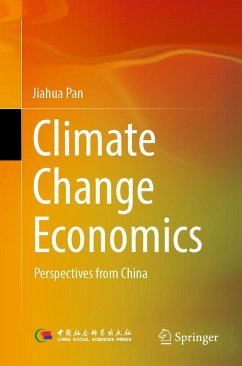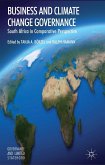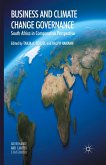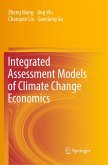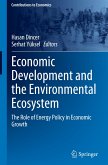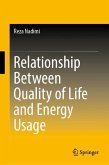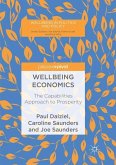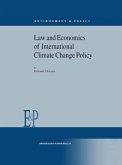This book establishes theories and methods of climate change economics based on the perspective of human development. The book, in two volumes, consists of papers and research reports authored by Pan Jiahua or researchers under his guidance. Professor Pan Jiahua is a leading figure in the field of political economy in climate change and has written extensively. The book is divided into four parts, covering theories, methods, governance, and policies.
- The theory part includes the general economics of climate change, the political economy of climate change, carbon emissions, and human development.
- The method part covers the economic analysis of greenhouse gas reduction and economics of low-carbon economic development.
- The governance is on the design and construction of international climate regimes and China's role and choice.
- Finally, the policy part consists of three chapters: policy choices for low-carbon transformation, energy-saving emission reduction, and low-carbon development and adaptation to climate change.
The disciplines involved in climate change economics include welfare economics, development economics, international political economics, and property rights economics. In the context of multidisciplinary cross-cutting, the economics of climate change has evolved. The book proposes theories, methods and offers policy solutions and cases. It is of high academic and empirical value for developing countries to strive for fair rights and interests in international climate negotiations, obtain development space, and pursue a low-carbon and ecological economy. Professor Jiahua Pan and his team at the Chinese Academy of Social Sciences have contributed greatly to the development of climate change economics in China. Their work has laid the foundation of climate change economics from basic concepts, frameworks, and systems and has a great significance in promoting the development of climate change economics.
- The theory part includes the general economics of climate change, the political economy of climate change, carbon emissions, and human development.
- The method part covers the economic analysis of greenhouse gas reduction and economics of low-carbon economic development.
- The governance is on the design and construction of international climate regimes and China's role and choice.
- Finally, the policy part consists of three chapters: policy choices for low-carbon transformation, energy-saving emission reduction, and low-carbon development and adaptation to climate change.
The disciplines involved in climate change economics include welfare economics, development economics, international political economics, and property rights economics. In the context of multidisciplinary cross-cutting, the economics of climate change has evolved. The book proposes theories, methods and offers policy solutions and cases. It is of high academic and empirical value for developing countries to strive for fair rights and interests in international climate negotiations, obtain development space, and pursue a low-carbon and ecological economy. Professor Jiahua Pan and his team at the Chinese Academy of Social Sciences have contributed greatly to the development of climate change economics in China. Their work has laid the foundation of climate change economics from basic concepts, frameworks, and systems and has a great significance in promoting the development of climate change economics.

